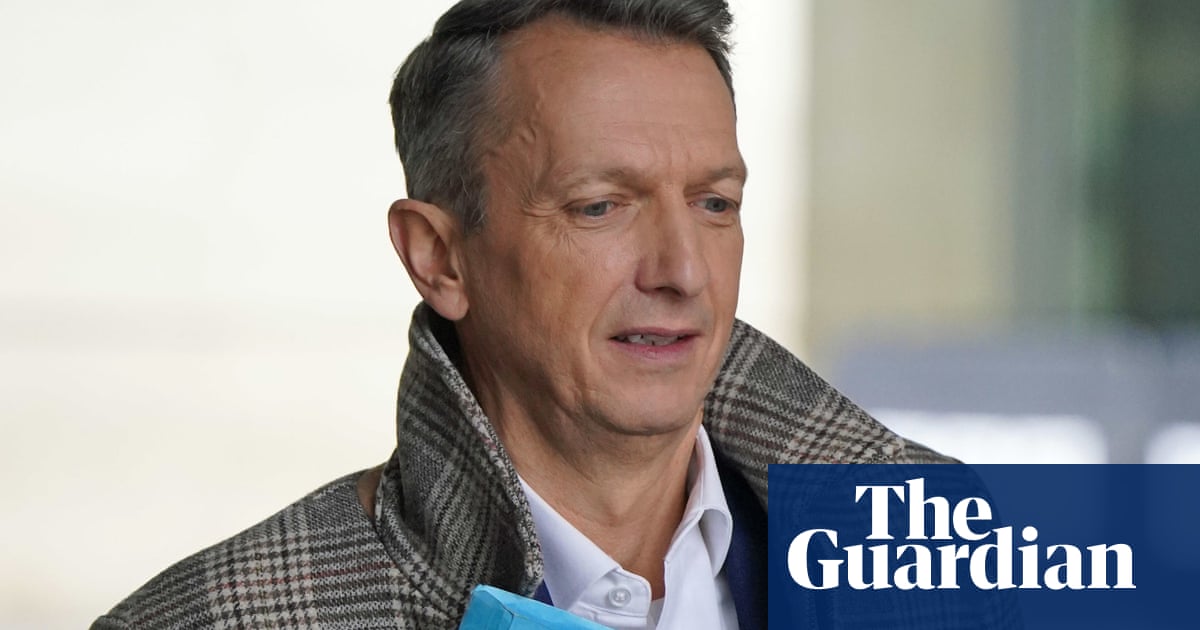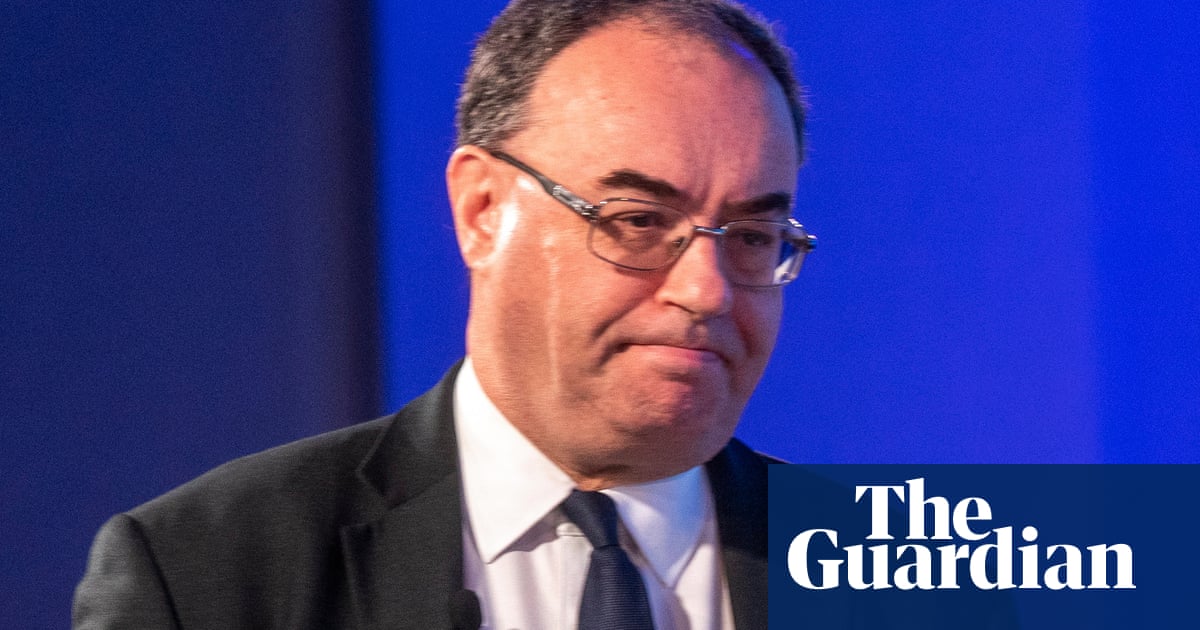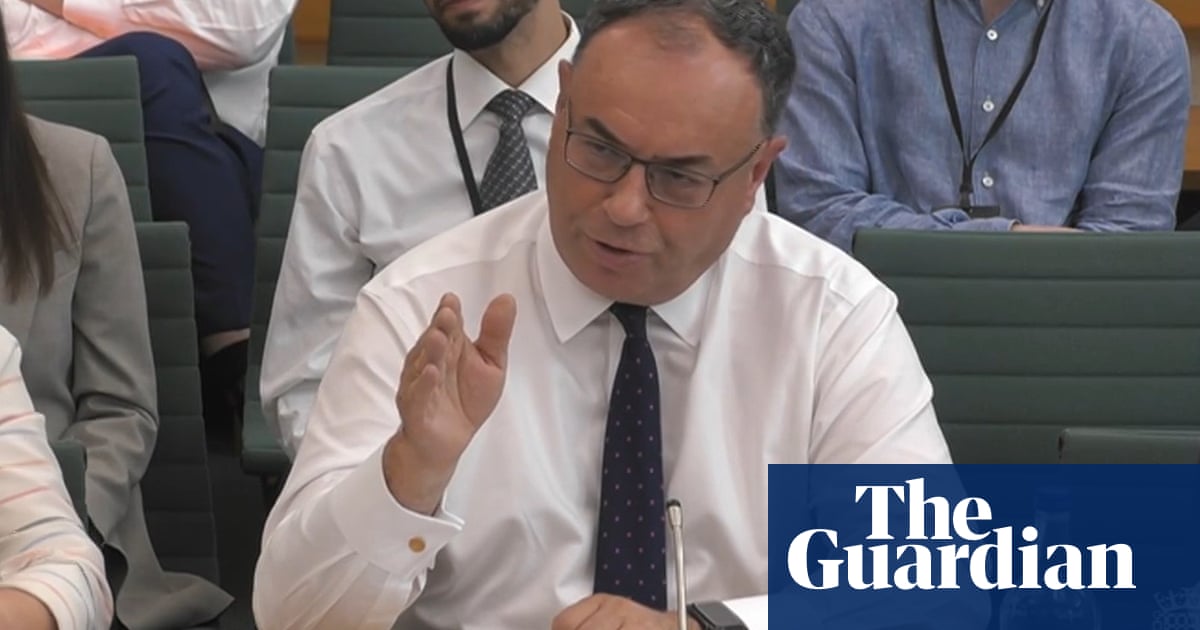
The former chief economist of the Bank of England has predicted that inflation will fall rapidly in the coming months, and advised interest rate setters to consider pausing further increases in borrowing costs.
Andy Haldane, who left the Bank in 2021 to lead the Royal Society of Arts thinktank, said it was “pretty much nailed on” that inflation would halve in the next six months, hitting a target set in January by the prime minister, Rishi Sunak – because of an inevitable slowdown in energy price increases.
UK consumer price inflation has soared in the last two years as coronavirus pandemic disruption followed by Russia’s invasion of Ukraine pushed up prices across the world, with energy prices rising in particular.
The Bank has raised interest rates from 0.1% in late 2021 to 4.25% at the end of March in an effort to slow down inflation, which eased slightly to 10.1% in February, according to government data. “You fast forward six months and the headline inflation rate will not be double digits. It might be 3, 4 or 5 [per cent],” Haldane said.
However, he warned that the increases in the Bank’s key interest rate have not yet resulted in higher costs for many borrowers – particularly those on fixed-rate mortgages.
“The effects of the tightening so far haven’t been fully felt,” Haldane told Sky News in an interview broadcast on Sunday. “That would give me cause for pause. I’d think, hang on, the economy is still on unsteady legs right now. Much of the tightening that has already happened hasn’t hit people’s bank accounts. Perhaps now is the time to press the pause button and see what happens.”
“If you’re raising the cost of borrowing as well as the cost of living, that compounds the agony. I’m not sure right now whether businesses as well as households are ready for the double whammy of those two things. So, personally, I’d be thinking hard about pausing,” added Haldane, a former member of the rate-setting Monetary Policy Committee.
Pricing in financial markets last week suggested another increase in Bank Rate, to 4.5%, in May is an 88% chance. The markets indicate rates could be near 5% by the autumn but some economists have predicted that a rise in May could be the MPC’s last in the current cycle.
Haldane said the government’s focus must be on accelerating the UK’s “anaemic” GDP growth. He said previous efforts by the short-lived prime minister Liz Truss to boost output were not “seen as being a sustainable plan for growth”.
The shortage of skilled workers was one problem hindering the UK’s economic prospects, he said, citing the opinions of businesses across the country saying they were unable to find staff.
“Immigration is one safety valve, ruled out by both [of the largest] parties,” he said. “I think, given the scale of and spread of skill shortages, not operating a little bit to alleviate those through skilled, controlled migrant labour is a mistake.”
Haldane also echoed his former boss, the Bank of England governor, Andrew Bailey, in calling for restraint in wage increases – a recommendation that previously raised the ire of union leaders. However, Haldane also said businesses should try to hold back from price increases that would also add to inflation.
He said a “degree of moderation, whether in the setting of wages but also in the setting of prices by businesses, is necessary right now, given that as a country we are somewhat poorer”.












